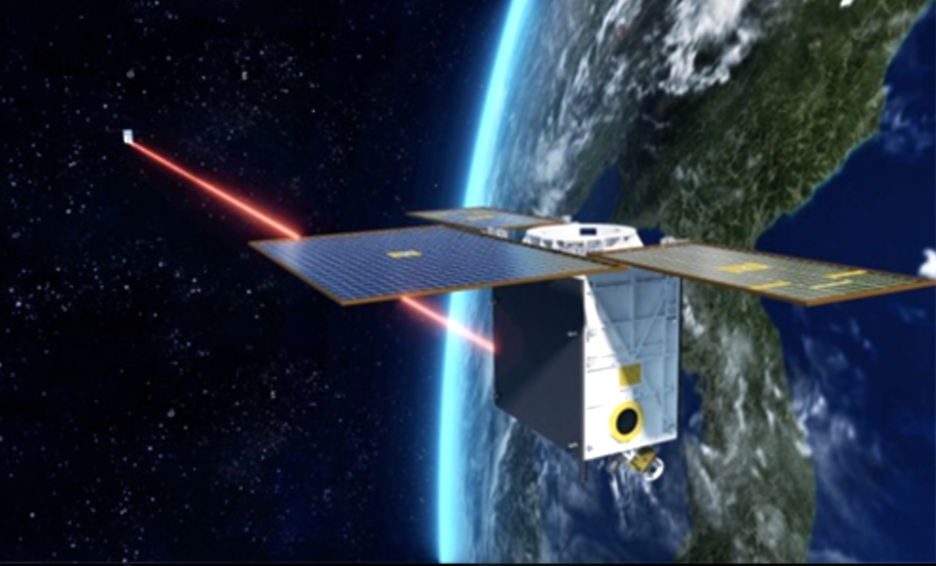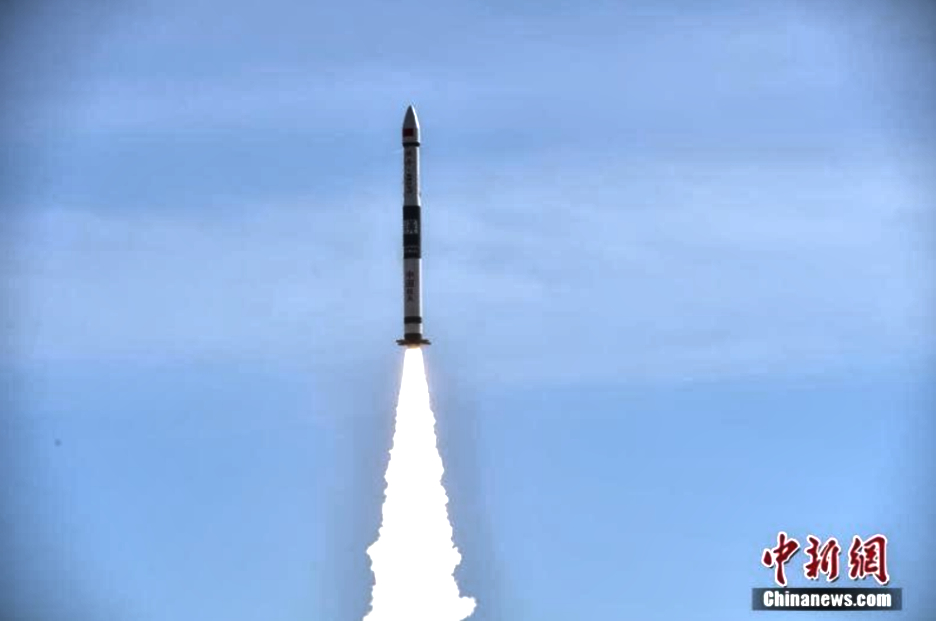
Artistic rendition of China’s Xingyun-2 01 satellite.
Image is courtesy of Global Times.
China sent two satellites into orbit on May 12 to test space-based Internet of Things (IoT) communications technology.
The satellites will conduct tests on technologies including space-based IoT communications, inter-satellite laser communications and a low-cost commercial satellite platform.
The satellites, Xingyun-2 01 and 02, were launched by a Kuaizhou-1A (KZ-1A) carrier rocket at 9:16 a.m. (Beijing Time) from the Jiuquan Satellite Launch Center in northwest China. They have successfully entered their planned orbit.
Developed by the Xingyun Satellite Co., the satellites will conduct tests on technologies including space-based IoT communications, inter-satellite laser communications and a low-cost commercial satellite platform. They will also carry out initial pilot IoT applications, according to the company.
KZ-1A is a low-cost solid-fuel carrier rocket featuring high orbit precision and a short preparation period. The rocket, developed by a company affiliated with Sanjiang Group under the China Aerospace Science and Industry Corporation (CASIC), is mainly used to launch low-orbit smallsats.
This launch was the ninth mission of the Chinese KZ-1A carrier rocket.

China’s Xingyun-2 01 & 02 satellites are launched by a Kuaizhou-1A (KZ-1A) carrier rocket at 9:16 am from the Jiuquan Satellite Launch Center in China, on May 12, 2020. The photo of the launch is courtesy of Wang Jiangbo, Chinanews.com.
